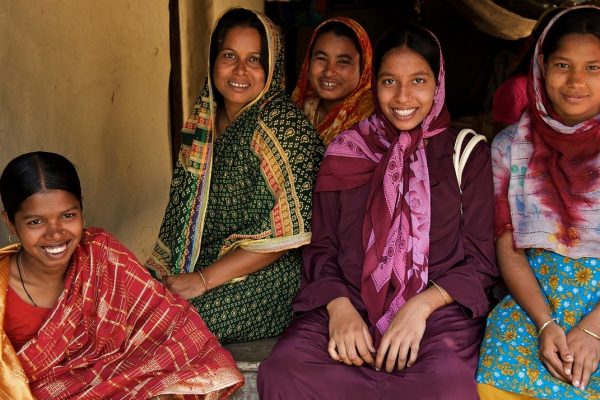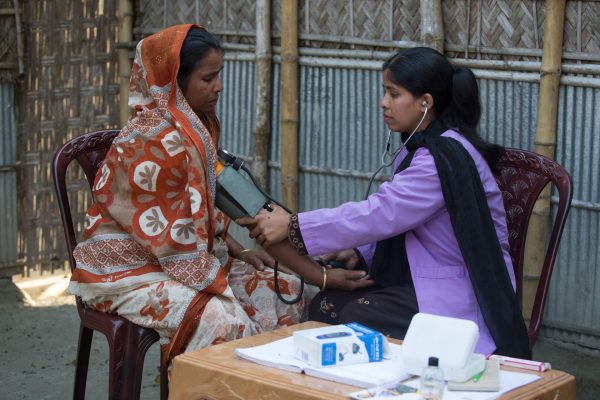Bibi-Aisha Wadvalla
October 16, 2018

Published by Bibi-Aisha Wadvalla at Oct 16 2018
Categories
Hunger is devastating. Tonight, close to one billion people around the world will go to bed hungry. Tomorrow they’ll do the same. And the same the day after. Their children are also likely to be caught in this damaging cycle.
August 7, 2018

Published by Bibi-Aisha Wadvalla at Aug 07 2018
Categories
Globally, only 38% of mothers breastfeed exclusively, giving their babies nothing but breastmilk for the first six months. The figure is higher in Bangladesh, at 55%. But it is still not high enough. Exclusive breastfeeding is crucial for a baby’s healthy development. Aside from cultural traditions, and lack of knowledge, the need to work is also an influencing factor.
July 25, 2018

Published by Bibi-Aisha Wadvalla at Jul 25 2018
Bangladesh is largely an agricultural-based economy. According to the World Bank, almost half of all workers are directly employed by agriculture. The sector is credited with greatly reducing the country’s poverty rate due to rapid growth.
July 11, 2018

Published by Bibi-Aisha Wadvalla at Jul 11 2018
Categories
1 in 10 adolescent girls in Bangladesh give birth before the age of 15. The health and socio-economic consequences are enormous, making it crucial to provide all adolescents with contraception.
May 28, 2018

Published by Bibi-Aisha Wadvalla at May 28 2018
Categories
Making motherhood safe in Bangladesh is an achievable goal, but we have a long way to go before safe motherhood is a reality for all. The most fatal complications are easily preventable, and with quality care and facilities, we are striving to get there.
May 14, 2018

Published by Bibi-Aisha Wadvalla at May 14 2018
Categories
Bangladesh has one of the world’s highest rates of maternal and child malnutrition. An estimated six million children are chronically undernourished. Many pregnant women are underweight, anaemic, and consume a nutrient-poor diet.
May 6, 2018

Published by Bibi-Aisha Wadvalla at May 06 2018
Categories
Bangladesh is on a drive to train more midwives, a step seen as critical to reducing the maternal mortality rate. The country’s ratio of home deliveries vastly outnumber births at health facilities. In rural areas, it’s estimated only 20% of women give birth with a skilled birth attendant present. On International Day Of The Midwife, we honour women who are saving lives.


